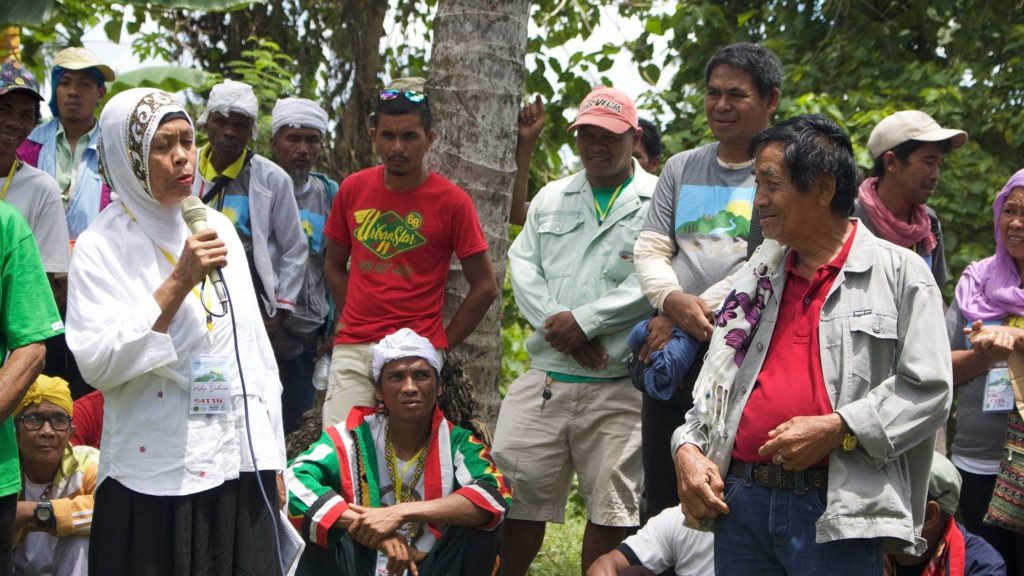
Despite the odds, 2019 has been a productive year for civil society and the peacebuilding community that actively engaged both the Bangsamoro and GRP-NDFP peace processes.
For one, civil society and peace organizations including networks of grassroots communities have, more or less, possess a clearer vision and approach on how to engage both peace processes taking off from building their own agenda through extensive consultations on the ground to providing platforms for inclusive people-to-people conversations.
A series of “townhall” meetings conducted in Mindanao advocating for an inclusive and meaningful peoples’ participation especially in the Bangsamoro political transition are indicators of how determined civil society and peace advocates are in pushing for the ‘victory of peace’ in a country marred by armed conflicts.
While continuously engaging both peace processes in the formal arena through dialogues with policy actors, including lawmakers and relevant government agencies, civil society has been with the grassroots communities surfacing concerns that matter most such as rising insecurities, human rights and protection issues, land-related disputes, and other forms of violence especially in the conflict-affected areas.
To cap the year, a ‘Peace and Solidarity Assembly’, was initiated in Cotabato City last November 24-26 through the collaborative support of the Institute for Autonomy and Governance (IAG) and its consortium partners under the project “Enhancing Political Dialogue for Inclusive Peace in the Bangsamoro” (ENPOLD), the Taiwan Foundation for Democracy (TFD), and the Global Partnership for the Prevention of Armed Conflict through its Working Group on Enabling Collaboration (GPPAC-WGEC).
The activity held in Cotabato was beyond typical as it successfully consolidated the ranks of civil society leaders and tackled pertinent challenges to peace processes ranging from the continuing enforcement of Martial Law in Mindanao to the heightened counter-insurgency drive due to the stalled GRP-NDFP peace talks. A ‘Declaration’ that expressed continuing solidarity for peace and social justice and reaffirmation of the Mindanao Peoples’ Peace Agenda (MPPA) were also issued.
The recent declaration of a 16-day unilateral and reciprocal ceasefire between GRP and NDF, as part of the confidence-building measure towards the potential resumption of peace talks on 2020 is one positive development the peacebuilding community can look forward to. This took place following President Duterte’s move to reconstitute the negotiating panel.
It was reported that foremost of the intent of the ceasefire agreement is to generate a positive atmosphere to pave the way for holding of informal talks in preparation for the formal talks to resume the peace negotiations.
Of course, the peace movement expects that the recent declaration of ceasefire from both parties is now ‘for real’ and must go beyond just respecting the holiday season. We hope that this event could trigger more positive developments to fast track the implementation of the substantive agenda of the talks.
Above all this, the broad civil society and peace movement never cease in their advocacy for ‘transitional justice’, which for them is a critical component that must be integrated if a nation aims to seriously address the roots of conflict in the country.
There is still much work to be done to realize elusive genuine peace, inclusive development and social justice that the whole nation and its people have been longing for centuries now.
For civil society, peacebuilding requires the broadest meaningful participation of all sections of society: the women, children, youth, conflict-affected communities, the working class, even professionals. Such participation is by itself an exercise of the inherent right to self-determination. And here lies the nation’s aspiration for a genuinely democratic, progressive and peaceful Mindanao and the Philippines.

Recent Comments